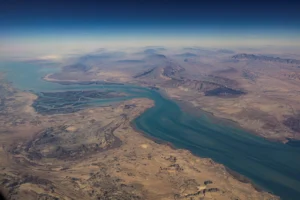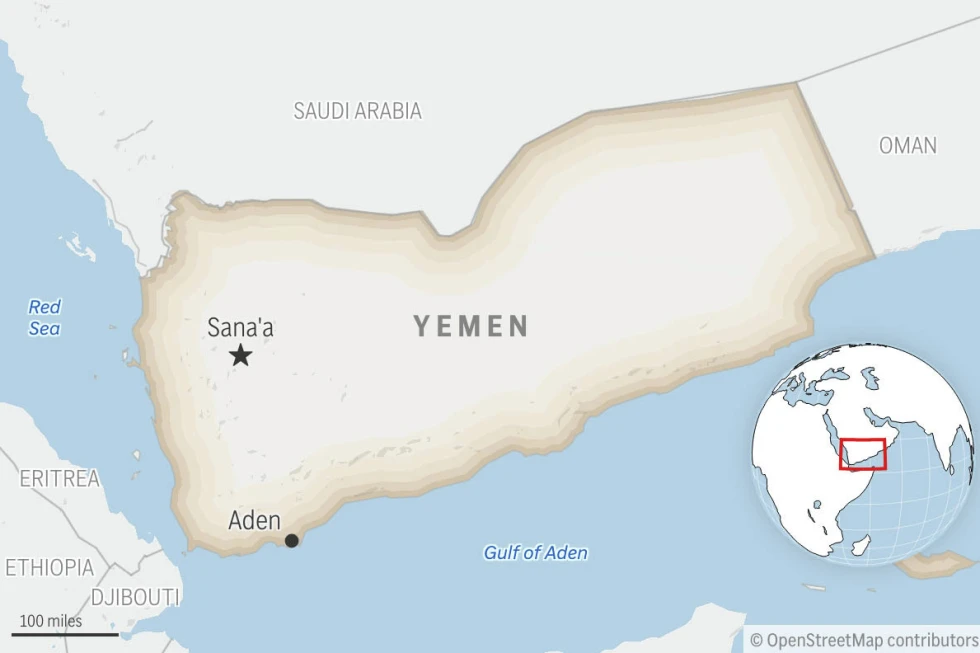A Liberian-flagged, Greek-owned cargo ship came under attack in the Red Sea and was later abandoned by its crew as it began sinking. The ship, named Magic Seas, was struck on Sunday night. The attack is believed to be the work of Yemen’s Houthi rebels, although they have not officially claimed responsibility.
The vessel was heading north through the Red Sea when it came under heavy fire. According to maritime security reports, eight small boats approached the ship and opened fire using small arms and rocket-propelled grenades. Later, at least two drone boats carrying explosives hit the vessel, setting it on fire. Armed guards on board returned fire and destroyed two more drone boats.
The United Kingdom Maritime Trade Operations (UKMTO) confirmed that the crew abandoned the ship after it started taking on water. The incident occurred about 100 kilometers southwest of Hodeida, a port city held by Houthi forces. The UKMTO reported that the ship had broadcast a message stating it had armed security personnel on board at the time of the attack.
Maritime security firm Ambrey also issued alerts about the incident. They confirmed that drone boats were involved in the assault, marking a dangerous new phase in the Red Sea conflict. This is the first major shipping attack in the area after a period of relative calm.
U.S. Central Command acknowledged the incident but did not provide further details. The U.S. Navy’s 5th Fleet, based in the region, referred all questions to Central Command.
The Magic Seas was flying the Liberian flag and owned by a Greek shipping company. It was sailing in international waters when attacked. The identity and condition of the crew members are still unknown, but all are believed to have evacuated safely.
Moammar al-Eryani, a spokesman for Yemen’s exiled government, confirmed the ship’s name and blamed the Houthi rebels. He accused Iran of arming the Houthis and using them as a proxy to create chaos in the region. Al-Eryani warned that this was part of a broader plan by Iran to destabilize the Middle East using advanced military technology, including drones and sea mines.
The attack comes at a tense time for the region. There is hope for a ceasefire in the Israel-Hamas conflict, and talks about Iran’s nuclear program may resume soon. But such attacks could derail any progress.
Israel’s military responded shortly after the incident. They warned of planned airstrikes on Houthi-controlled ports, including Hodeidah, Ras Isa, and Salif, as well as on a nearby power station. The warning was issued just before midnight local time in Yemen.
Experts believe the attack is meant to send a clear message. Mohammad al-Basha, a Yemen analyst, said that the assault shows the Houthis still have the power and intent to strike key trade routes, regardless of diplomatic efforts.
The Red Sea is a vital waterway for global trade. Attacks like this could lead to higher shipping costs and insurance rates. It could also bring more Western military forces back into the area to protect merchant vessels.
Investigations into the incident are ongoing. Authorities are still gathering evidence and tracking the source of the weapons used. No official statements have been made about future actions, but the incident has raised serious concerns about maritime safety in the region.







